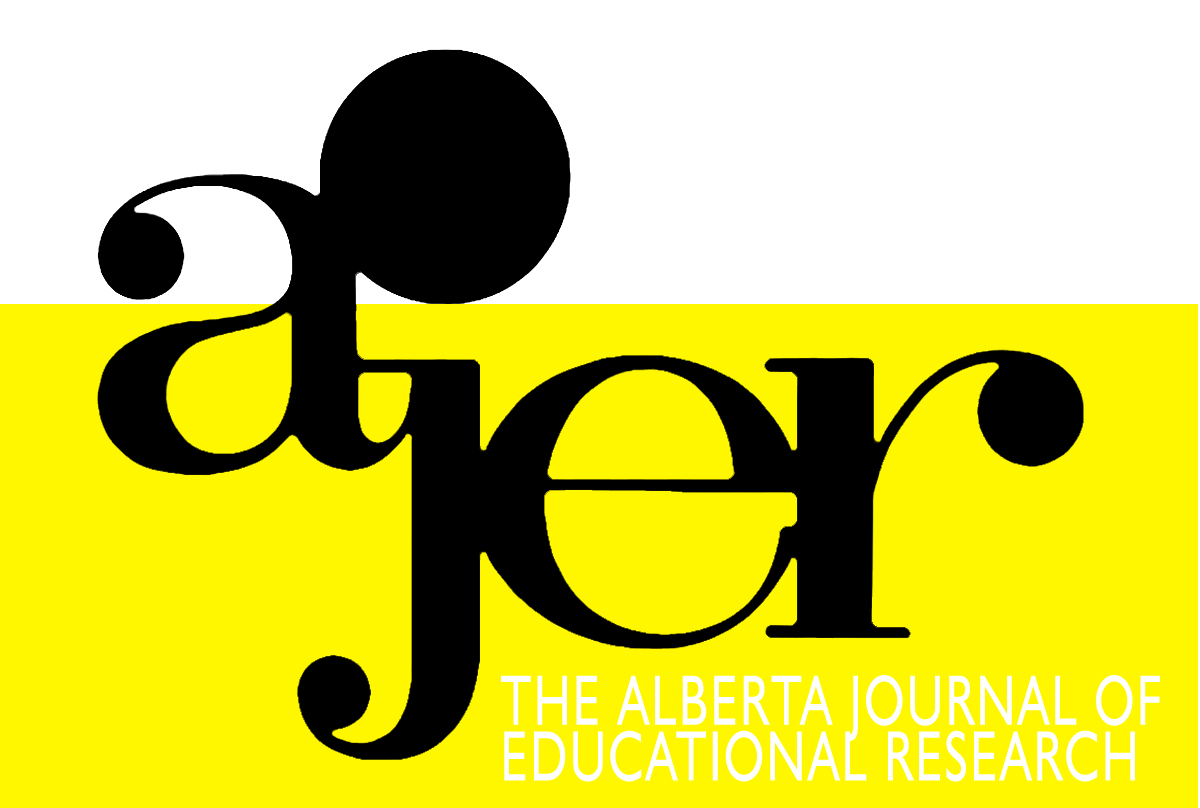Establishing Rapport in Higher Education Classrooms
DOI:
https://doi.org/10.55016/ojs/ajer.v68i3.72342Abstract
Teacher-student rapport has been discussed in previous research, but the communicative behaviors that foster it have yet to be identified. The current study looked at several teacher communicative behaviors to determine which are the best predictors of rapport building. The results suggest that students feel rapport is most influenced by a socially supportive teacher. Using humor and demonstrating homophily aid in building rapport as well. These findings suggest that teachers should strive to be socially supportive, humorous, and perceived as similar to students. However, nonverbal immediacy was not found to be a significant indicator of rapport. Studies have indicated that immediacy is an important characteristic for teachers to have, but these findings do not indicate that this characteristic has a positive influence on rapport building between teachers and students. In addition, teacher clarity was found to reduce rapport. This finding is interesting because instructors are taught to be clear, but this characteristic appears to have a negative effect on rapport built between teachers and students.
Keywords: rapport, social support, homophily, teacher clarity, humor, immediacy
Si des recherches antérieures ont abordé le rapport enseignant-étudiant, elles n’ont pas encore identifié les comportements communicatifs qui le favorisent. La présente étude s'est penchée sur plusieurs comportements communicatifs de l'enseignant afin de déterminer lesquels sont les meilleurs prédicteurs de l'établissement d'un rapport. Les résultats indiquent que les étudiants estiment que le rapport est le plus influencé par un enseignant qui les soutient socialement. Le recours à l'humour et la démonstration de l'homophilie aident également à établir un rapport. Ces résultats suggèrent que les enseignants devraient s'efforcer d'apporter un soutien social, d’avoir de l’humour et d’être perçus comme semblables aux étudiants. Cependant, l'immédiateté non verbale ne s'est pas avérée être un indicateur significatif du rapport. Des études ont indiqué que l'immédiateté est une caractéristique importante pour les enseignants, mais ces résultats n'indiquent pas que cette caractéristique a une influence positive sur l'établissement de rapports entre les enseignants et les étudiants. De plus, on a constaté que la clarté de l'enseignant réduisait le rapport. Ce résultat est intéressant car on apprend aux enseignants à être clairs, mais cette caractéristique semble avoir un effet négatif sur les rapports établis entre les enseignants et les étudiants.
Mots clés : rapport, soutien social, homophilie, clarté de l'enseignant, humour, immédiateté
Downloads
Published
Issue
Section
License
UNIVERSITY OF ALBERTA COPYRIGHT LICENSE AND PUBLICATION AGREEMENT
If accepted, authors will be asked to sign a copyright agreement with the following points:
A. Where there is any inconsistency between this Copyright License and Publication Agreement and any other document or agreement in relation to the same subject matter, the terms of this Agreement shall govern.
B. This document sets out the rights you are granting in relation to publication of your article, book review, or research note entitled (the “Article”) through inclusion in the academic journal titled Alberta Journal of Educational Research (the “Journal”) published through the Faculty of Education, representing the Governors of the University of Alberta (the “Journal Editor”).
C. There will be no payment to you for this publication and grant of rights. In consideration of the agreement to publish the Article in the Journal:
1. You are warranting that:
- the content of the Article is your original work, and its content does not contain any material infringing the copyright of others; or, where the Article is not entirely your original work, you have obtained all necessary permissions in writing to grant the rights you are giving in this agreement;
- the content of the Article does not contain any material that is defamatory of, or violates the privacy rights of, or discloses the confidential information of, any other person;
- the Article has not been published elsewhere in whole or in part, and you will not allow publication of the Article elsewhere without the consent of the Journal Editor;
- the names of all co-authors and contributors to the Article are:
2. You agree to license the copyright in the Article to the Journal Editor, on a worldwide, perpetual, royalty free basis; and to the extent required by the terms of this agreement. You shall retain the right at all times to be acknowledged as the/an author of the Article.
3. You further agree that the Journal Editor has the entitlement to deal with the Article as the Journal Editor sees fit, and including in the following manner;
- The right to print, publish, market, communicate and distribute the Article and the Journal, in this and any subsequent editions, in all media (including electronic media), in all languages, and in all territories, ing the full term of copyright, and including any form of the Article separated from the Journal, such as in a database, abstract, offprint, translation or otherwise, and to authorize third parties to do so;
- The right to register copyright of the Journal;
- The right to edit the Article, to conform to editorial policy as the Journal Editor sees fit.
4. If any co-author or contributor to the Article does not sign this agreement, the Journal Editor reserves the right to refuse to publish the Article.



